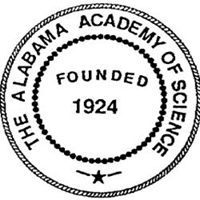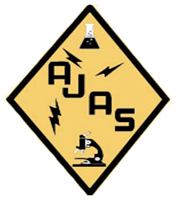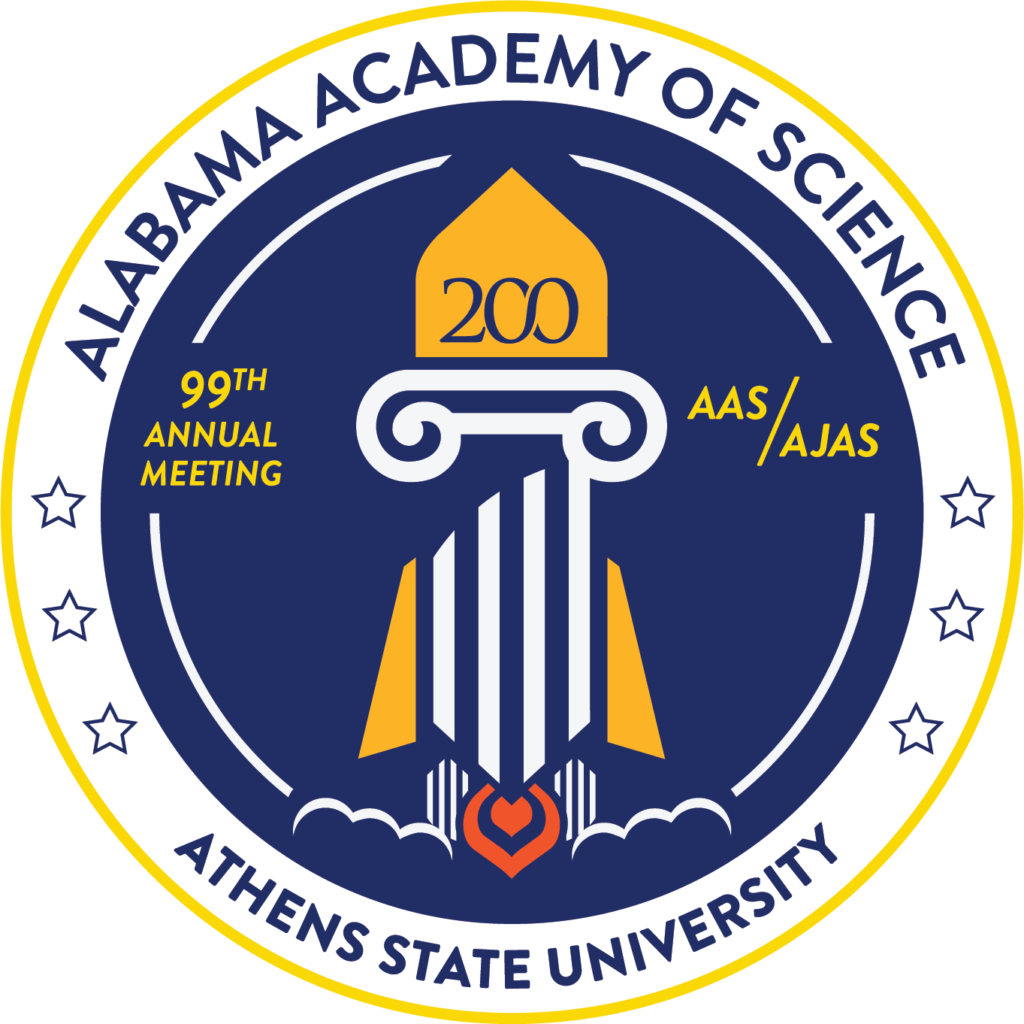
ALABAMA JUNIOR ACADEMY OF SCIENCE AND THE GORGAS COMPETITION WILL BE HELD ON FRIDAY, MARCH 18, 2022
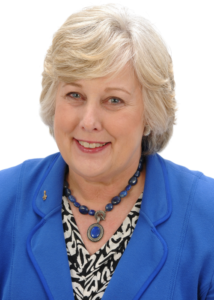 Dr. Jan Davis is a retired aerospace professional with experience as an astronaut, engineer, and senior manager. She is an Alabama resident and is very active in supporting community functions.
Dr. Jan Davis is a retired aerospace professional with experience as an astronaut, engineer, and senior manager. She is an Alabama resident and is very active in supporting community functions.
Dr. Davis has Bachelor of Science degrees from the Georgia Institute of Technology (1975) and Auburn University (1977) in biomedical engineering and mechanical engineering, respectively. She did her graduate research work in mechanical engineering at the University of Alabama in Huntsville, earning a master’s degree (1983) and doctoral degree (1985).
Dr. Davis began her National and Aeronautics and Space Administration (NASA) career at the Marshall Space Flight Center (MSFC) in 1979 as an aerospace engineer. After supporting major NASA programs and projects, including the Hubble Space Telescope and the Chandra X-ray Observatory, she became a team lead and lead engineer for the redesign of the Space Shuttle Solid Rocket Booster External Tank attach ring.
In 1987, Dr. Davis was selected to join the Astronaut corps at the Johnson Space Center in Houston, Texas. She spent more than 670 hours in space as a mission specialist over the course of her three Space Shuttle flights: STS-47 (1992), STS-60 (1994), and STS-85 (1997). During these flights, she orbited the Earth 445 times. In 1998, she became the Director of the Human Exploration and Development of Space Independent Assurance Office for NASA Headquarters. Dr. Davis returned to MSFC and served as the Director of the Flight Projects Directorate at the Marshall Center until August 2003. Prior to retiring from NASA in 2005, Dr. Davis was the Director of Safety and Mission Assurance at MSFC leading up to the successful Return to Flight of the Space Shuttle in 2005. After her retirement from NASA, she was an executive with NASA contracts at MSFC with Jacobs for eleven years and with Bastion Technologies.
She was elected to the Alabama Aviation Hall of Fame and the Alabama Engineering Hall of Fame. In 2002, she was given the Presidential Rank of Meritorious Executive, and she has received NASA’s Exceptional Service Medal, Space Medal, and Outstanding Leadership Medal. Auburn University named her as a Distinguished Engineer in 2017.
Dr. Jan Davis Biographical information from https://astrafemina.org/jan-davis-bio
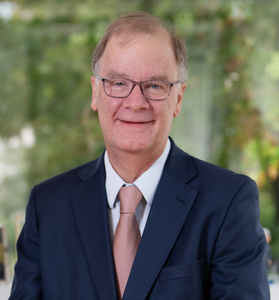 Dr. Richard M. Myers, PhD, joined the HudsonAlpha Institute for Biotechnology in 2008 as President and Science Director and was named M. A. Loya Chair in Genomics in 2020. He supplies the strategic oversight for the research enterprise at the Institute including sustaining a large, active laboratory. Myers brings 38 years of experience in genetics and genomics to his position.
Dr. Richard M. Myers, PhD, joined the HudsonAlpha Institute for Biotechnology in 2008 as President and Science Director and was named M. A. Loya Chair in Genomics in 2020. He supplies the strategic oversight for the research enterprise at the Institute including sustaining a large, active laboratory. Myers brings 38 years of experience in genetics and genomics to his position.
Myers received his BS in biochemistry from The University of Alabama in 1976 and his PhD in biochemistry from the University of California at Berkeley in the lab of Robert Tjian in 1982. He completed his postdoctoral training at Harvard University in the lab of Tom Maniatis, and then joined the faculty of the University of California, San Francisco, Medical Center in 1985. He moved to Stanford University School of Medicine in 1993, where he served as professor and chair in the department of genetics. Under Myers’ direction, the Stanford Human Genome Center with the Joint Genome Institute contributed more than 10 percent of the data in the public Human Genome Project’s efforts to sequence the human genome.
The Myers Lab, in collaborative relationships with other researchers at HudsonAlpha and elsewhere, studies the human genome with the goal of understanding how allelic variation and gene expression changes contribute to human traits, including diseases, behaviors and other phenotypes. His group uses high-throughput genomic methods – including DNA sequencing, genotyping, chromatin immunoprecipitation, mRNA expression profiling, transcriptional promoter and DNA methylation measurements – as well as computational and statistical tools to identify, characterize and understand the functional elements encoded in our genomes and how they work together at the molecular level in normal and pathological conditions. The lab sequences whole genomes, whole exomes and targeted regions of the genome, as well as in functional genomics experiments, with ultrahigh-throughput DNA sequencing technologies to study clinical and basic biological problems. Researchers in the Myers Lab integrate these functional genomics, epigenetic and genetic data to understand how genomes are involved in brain disorders, ALS, cancer, children born with developmental disorders, autoimmune diseases and other traits.
Dr. Richard M. Myers Biographical Information from https://www.hudsonalpha.org/faculty/richard-myers/
For any questions, please contact:
Dr. Ronald Merritt, Chairperson
AAS 2022 Local Planning Committee
Email: ronald.merritt@athens.edu
Sara Cline, Chairperson
AJAS 2022 Local Planning Committee
Email: sara.cline@athens.edu
Phone: 256-233-6507
